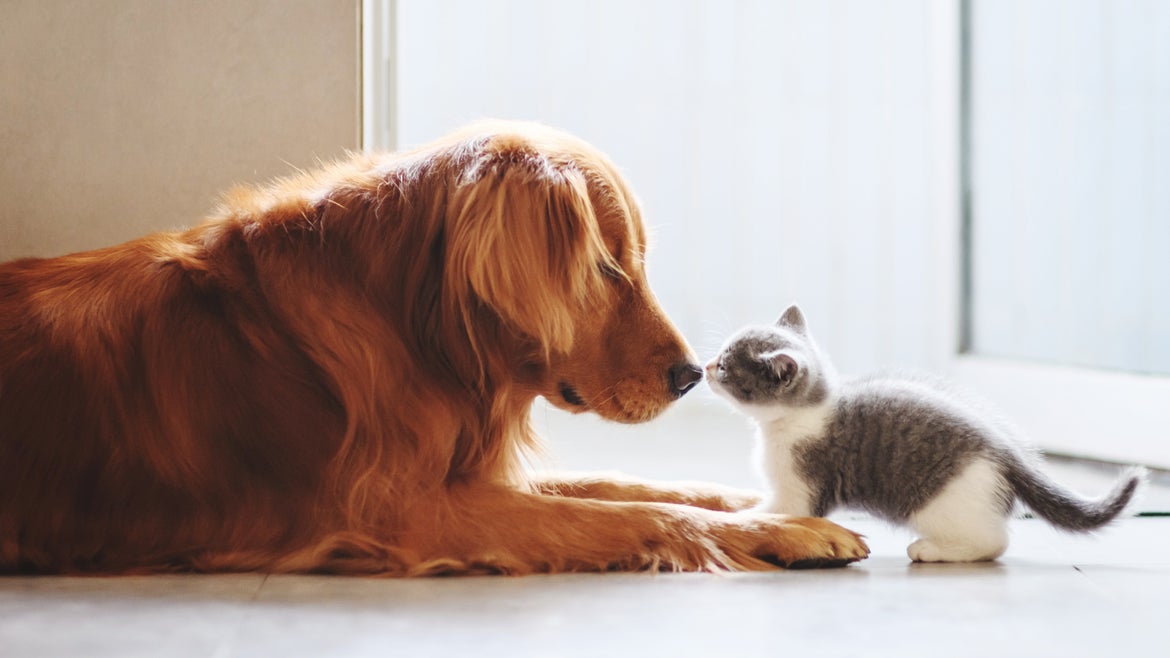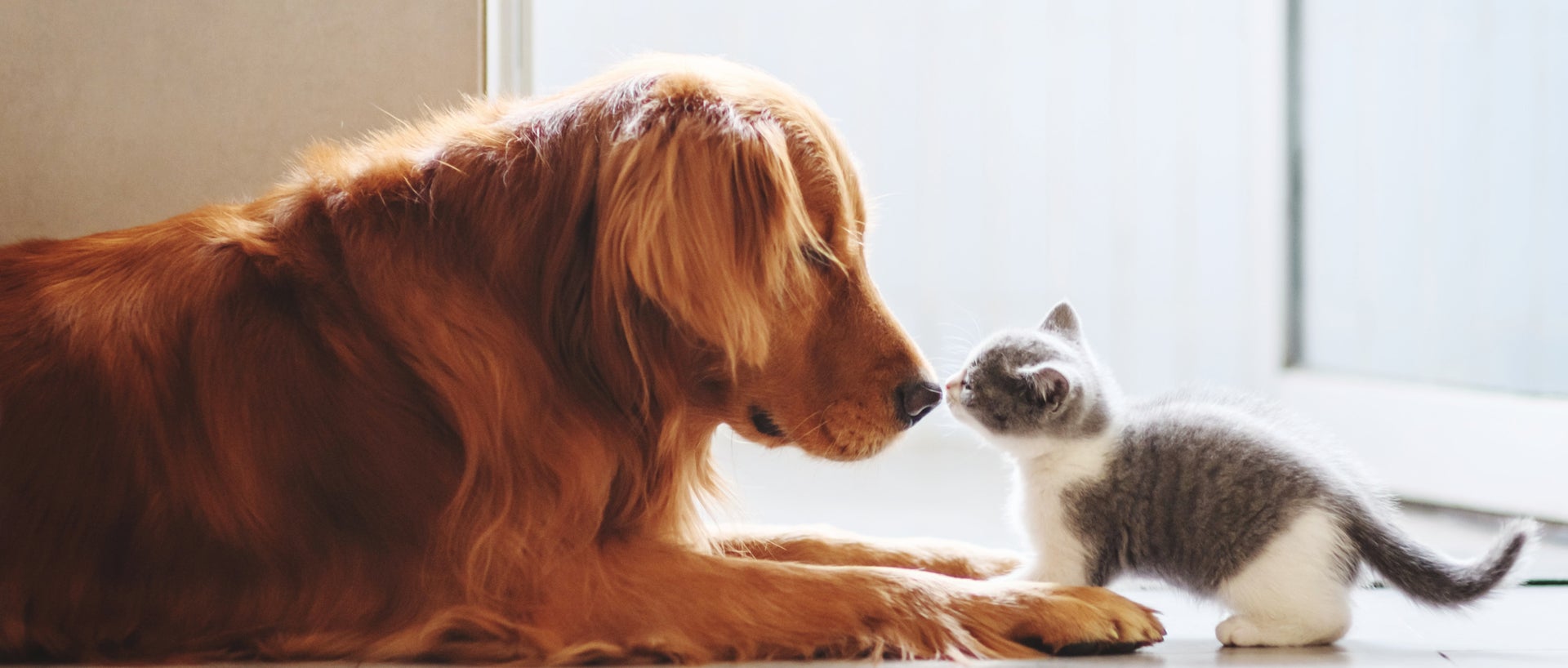Animal shelters across the U.S. report surges in pets that need homes, with many struggling to keep up and fearing they will need to start turning away drop-offs.
Due to inflation and COVID-19’s impact on the economy, many animal shelters across the U.S. are "filled to capacity or beyond,” according to reports from shelters and humane societies.
The Best Friends Animal Society told Business Insider that more pets are being given up and adoptions are "lagging way behind,” and the Casper Humane Society in Wyoming said it felt forced to close the list of animals waiting for a place after it became "too overwhelming." NOT SURE I UNDERSTAND THIS, "CLOSE THE LIST OF ANIMALS"?
Craig Cummings, director of the Casper Humane Society, told the outlet that his team has noticed an increase in the number of pets being abandoned, forcing the shelter to operate above capacity all year.
According to the outlet, this has resulted in over 100 dogs and at least 200 cats waiting for a safe home.
"We receive calls on a daily basis from owners that can no longer afford to keep their animals, and people who are being displaced from their housing," he said to Insider.
According to the ASPCA, it costs an average of $1,391 annually to own a dog, and $1,149 to own a cat.
According to Insider, the rise in overall costs due to inflation has made this even more expensive for pet owners, and the shelters are finding it difficult to fill in the gaps.
The Cat House on the Kings, a no-kill shelter in California, is currently grappling with both declining donations and declining adoptions.
Tammy Barker, the shelter's assistant director, told Insider, "When the economy is struggling and people are unsure of their financial stability, they don't donate to nonprofits like The Cat House on the Kings."
According to Insider, the shelter has rescued 1260 cats and kittens so far this year, but leadership is concerned about their longevity. Barker said, "We're not sure how long we can continue if donations don't pick up."
"We will have to turn away animals that depend on us for survival," said Barker.
Cummings told Insider he has similar concerns. "Owners feel helpless when all the shelters are full and there are no resources for them. They often resort to rehoming on social media, which can be dangerous, or abandoning their animals with hopes that they will survive and find a new family.
"Now that winter has arrived in Wyoming, the chances of pets surviving outside alone is minimal."
Julie Castle, chief executive officer of Best Friends Animal Society, told Insider that some shelters have started to provide "pet food pantries" to give out food to aid in both the downturn of shelter space and the increase in pet care costs.
"The pandemic kickstarted a wave of these donation-based pantries, finding a silver lining in an otherwise tumultuous time," she said to Insider.
"Sometimes a bag of pet food makes all the difference between keeping a dog or cat in its home, or someone having to make the agonizing decision to surrender their pet to a shelter."







